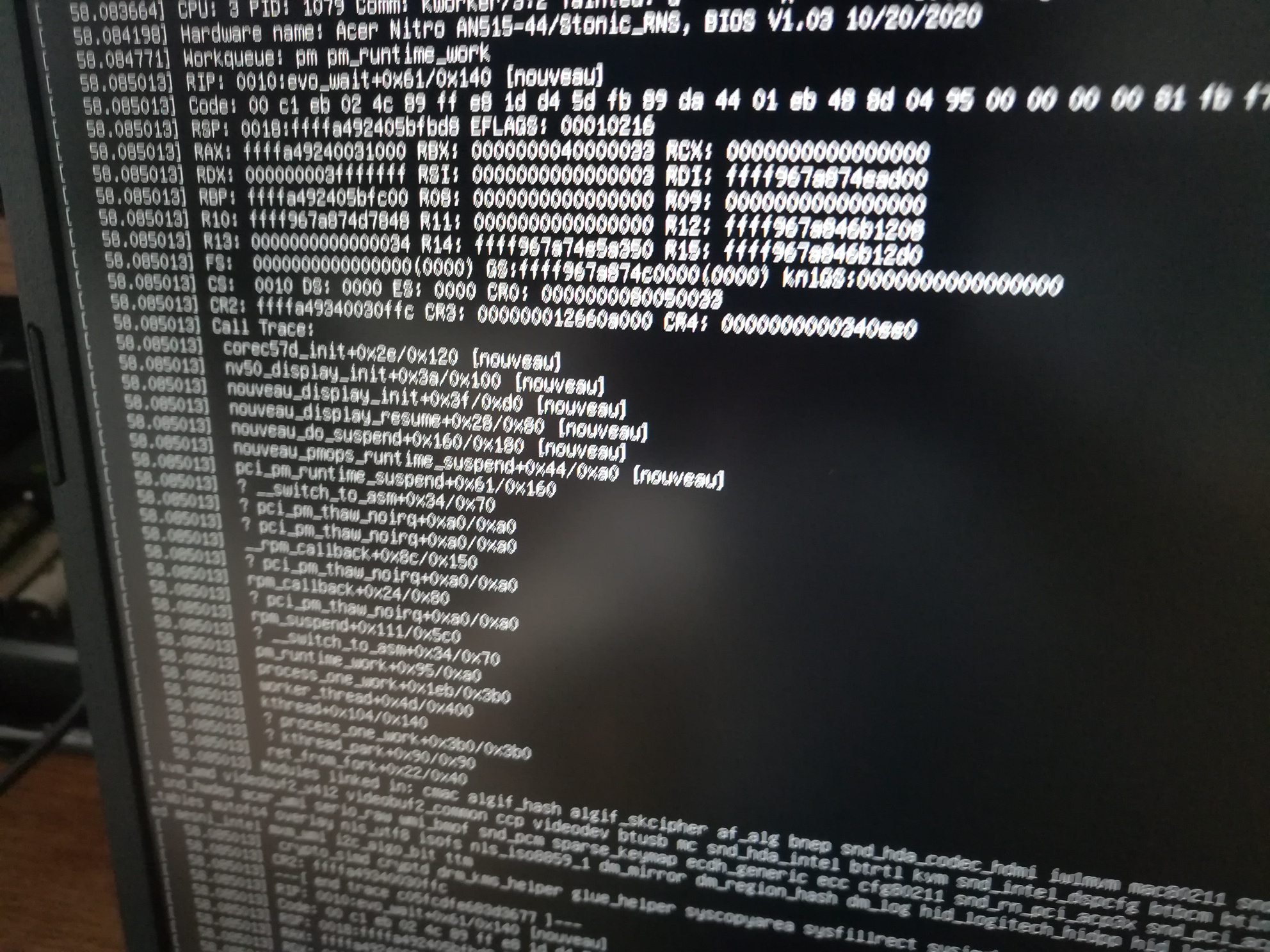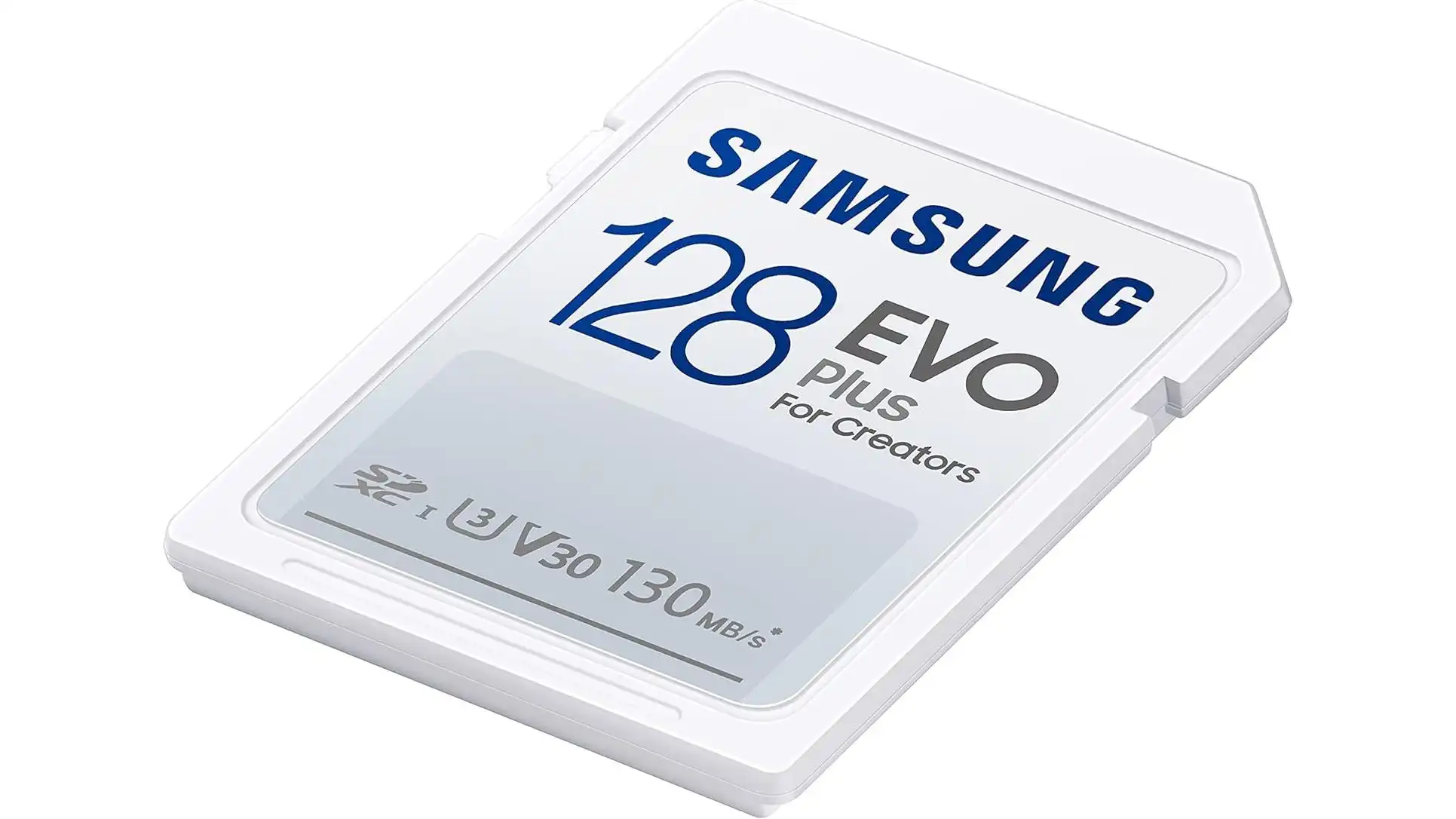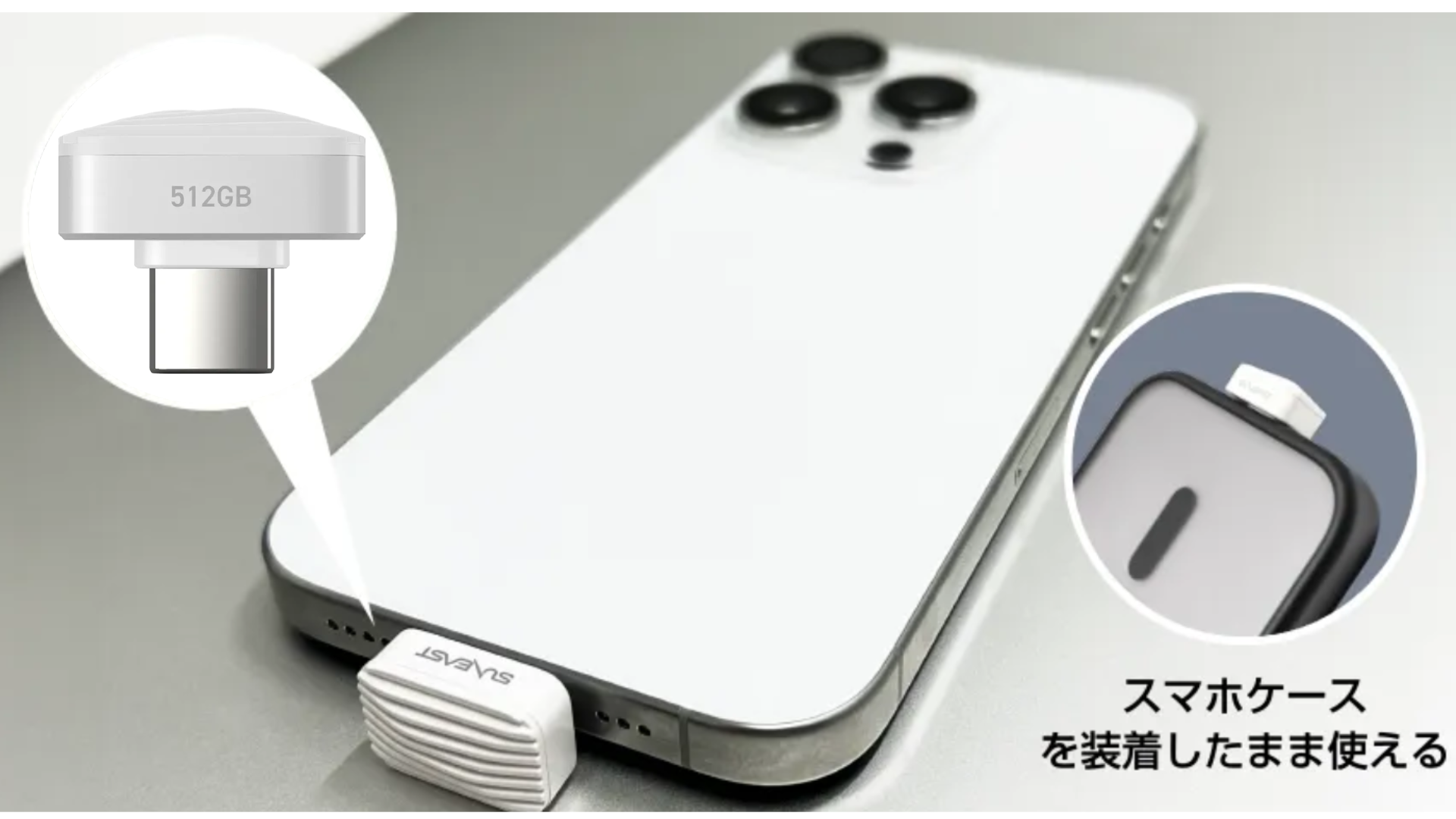
Secure Boot, an essential security feature embedded in millions of PCs, ensures that only verified software can load via UEFI. It uses cryptographic signatures in hardware components to prevent unauthorized code from running on your PC. However, when these cryptographic keys are leaked, the implications are severe.
Security research firm Binarly has identified that leaked cryptographic keys have compromised hardware from major PC vendors like Dell, Acer, Gigabyte, Supermicro, and Intel. Alarmingly, 8% of firmware images released in the last four years are affected, with 22 untrusted keys discovered immediately.
Ars Technica reports that “more than 200 device models” are impacted by one particular key that was posted to a public GitHub repository in late 2022. Binarly has dubbed this exploit “PKfail.” This vulnerability exposes a wide range of consumer and business devices to attacks on the boot process, a critical phase where successful attacks can be particularly damaging and hard to detect.
State-sponsored hackers may find this exploit especially appealing, as it allows for highly targeted attacks that run almost undetectable code within operating systems like Windows. While larger-scale attacks are possible, they are less likely due to the complexity required.
Disturbingly, the report indicates that some vendors shipped devices with firmware labeled “DO NOT TRUST” or “DO NOT SHIP,” suggesting awareness of the compromised keys but choosing to ignore it.
Addressing this issue requires hardware vendors to update device firmware and eliminate the compromised binary files. However, the extensive nature of the vulnerability means that multiple updates may be needed to secure all affected components.
To help users, Binarly has developed an online tool for PKfail detection, allowing you to scan firmware files for compromised keys. Ars Technica provides a comprehensive list of affected hardware models and further details on the situation.
The most unsettling aspect of this situation is that a single careless post, albeit unintentional, can render numerous devices across various manufacturers unsafe. The nature of Secure Boot means that only extreme caution can prevent similar incidents in the future.



